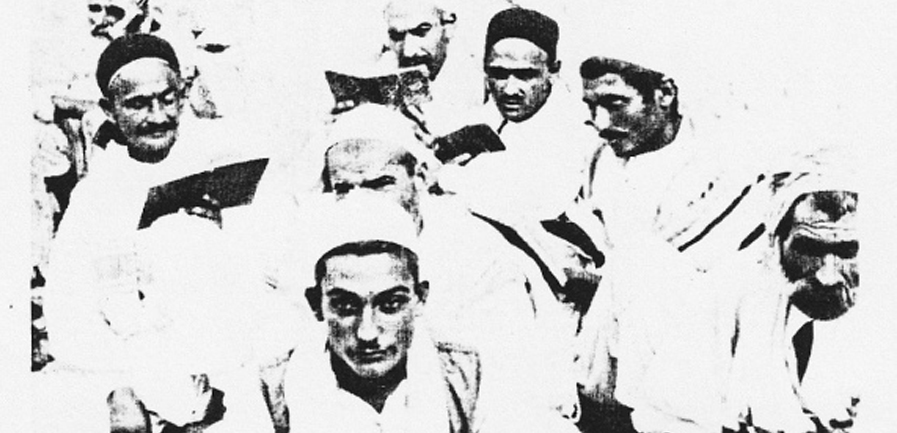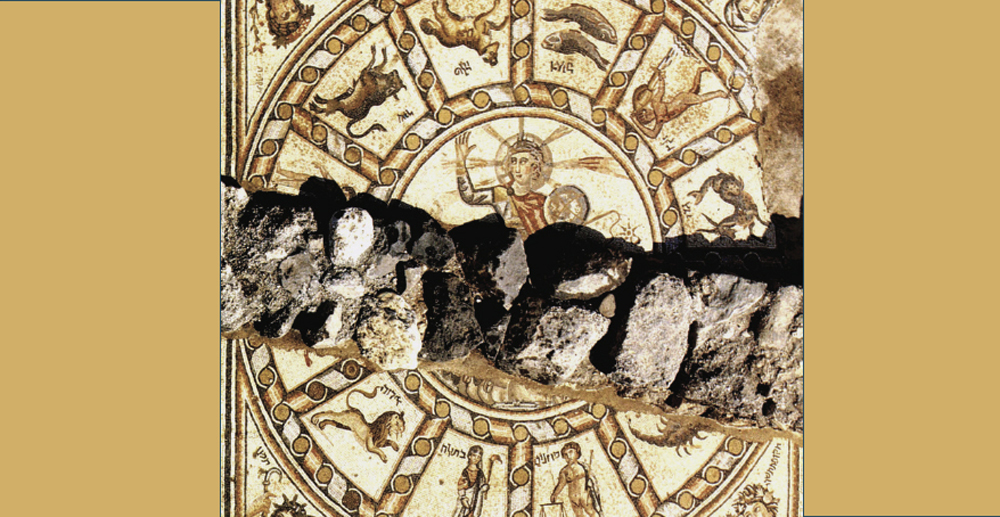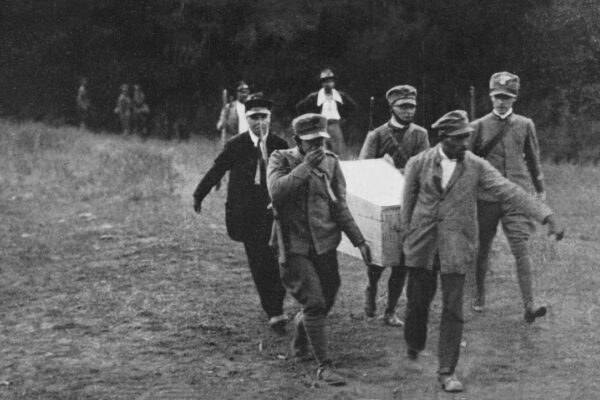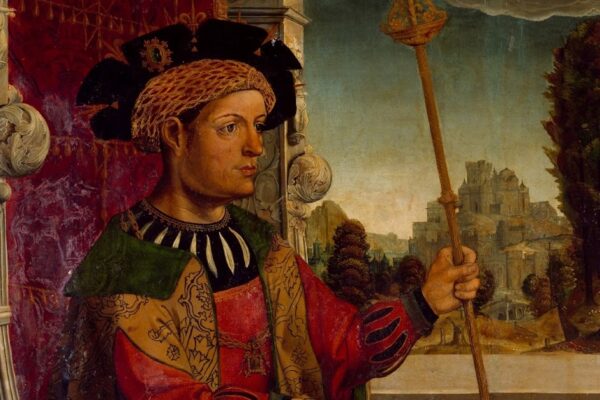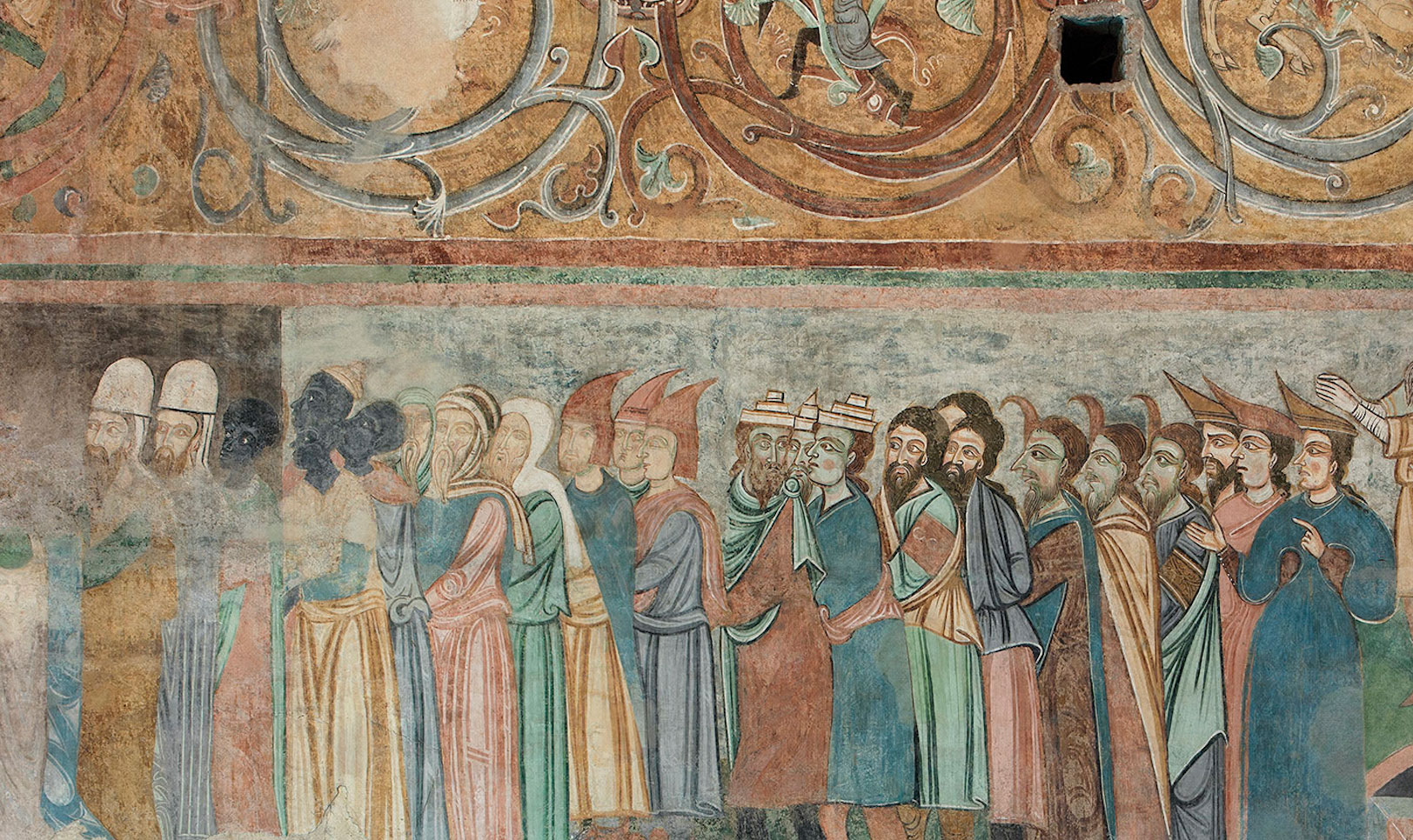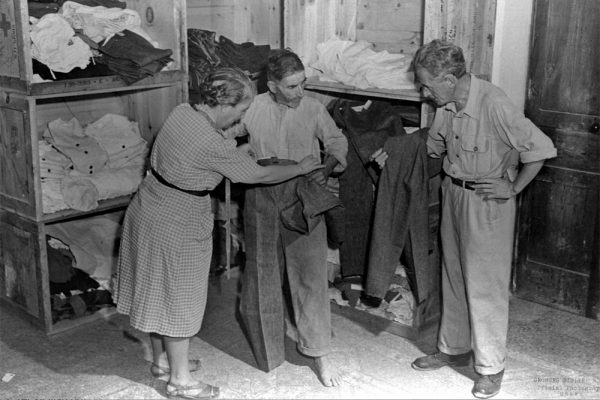Seminar in Italian Jewish Studies: The Jews of Libya Between the 19th Century and the Colonial Era
April 25 , 9:30 am to 1:30 pm
NYU Casa Italiana Zerilli Marimò
24 West 12th Street
Free admission. Refreshments
In the 1980s Prof. Meghnagi became active in Israeli-Arab and Jewish-Christian dialogue. He held the position of vice-president of the Union of the Italian Jewish Communities and is a member of the Italian delegation of the International Holocaust Remembrance Alliance (IHRA) and the International Psychoanalytical Association (IPA).
Prof. Meghnagi is the editor in chief of “Trauma and Memory,” the European Review of Psychoanalysis and Social Science, and a member of the board of the International Journal of Psychoanalysis.
He is a frequent contributor of many Italian newspapers and magazines and participated in the production of several documentaries on Jerusalem, on Wilfred Bion, on the Marranos and on Wolf Murmelstein.
He received the Fiuggi Prize for the application of psychoanalysis to historiographical research in the book “Israel’s Challenges” (Marsilio 2010).
Prof. Meghnagi’s studies on Jewish elements in Freud’s work are considered a classic in the field. Hs publications include: Il Kibbutz (Roma, 1975), Modelli freudiani della critica, (Roma 1985), Freud and Judaism (London 1993), Il Padre e la legge (Venezia 1992, 2004). Carteggio Freud-Zweig (Venezia, 2000), Le memorie di Marek Edelman (Roma 1985), Interpretare Freud (Venezia, 2003), Tra Vienna e Gerusalemme (Firenze, 2002), Ricomporre l’infranto (L’esperienza dei sopravvissuti alla Shoah) (Venezia, 2005), Le sfide di Israele (Venezia, 2005).
David Meghnagi is also an expert of Jewish liturgical music and began a preservation project whose first result is the CD Shiru Shir: The Cantorial Tradition of the Libyan Jews.
Mordechai HaCohen: Rabbi and Ethnographer
Mordechai Hakohen (1856-1929) was a Libyan Talmudic scholar and auto-didact anthropologist who composed an ethnographic study of North African Jewry in the early 20th century.
Mordechai HaCohen was a prominent rabbi in the Libyan Jewish community.
A talmudic scholar, he compiled a monumental work on the Jews of Libya and their relations with the Islamic and Arab world which was published for the first time only in 1978. Rabbi Cohen became interested in early Zionism. A selection of his writings was published in 1931 by Martino Moreno. More recently the Italian publisher La Giuntina released an anastatic copy of Moreno’s edition curated by David Meghnagi. The english edition is curated by Harvey Goldberg of the Hebrew University. Prof. Meghnagi will explore Rabbi Cohen’s work within the context of his cultural milieu, his theological views and personal profile.
From “Mapping Living Memories” to Investigating Postcolonial Histories. Narratives of the Jews from Libya in Historical Perspective.
Woven into the colonial past which binds Italy and Libya, the histories and memories of the Jews from Libya provide a crucial perspective on the transnational framework where Italian ideas of race, difference and citizenship have been elaborated and transformed over the 19th and 20th centuries. Since the eve of the Italian occupation of Tripolitania and Cyrenaica, the multiple modes of belonging and transnational trajectories of these Jews have contributed in shaping representations, perceptions and identities between the two shores of the Mediterranean. Historical changes in a context of colonial and global relations have repeatedly shifted the position of these subjects inside and outside ideas of Italian and European belonging. Such shifts have affected the relations between fellow Jews from Italy and Libya, the memories and representations of the history of this community, as well as their patterns of incorporation in Italian national narratives.
The immigration and naturalization, of this community from North Africa – the “Tripolini”, as they are known in Rome – challenge representations of Italian identity as homogeneous, nation-centered, and white European, and raise important questions concerning notions of Italian Jewish and non-Jewish identity. The narratives and feelings of belonging expressed by Libyan Jews reveal how ideas of Italian and European identity have been constructed, negotiated and contested by multiple subjects inside and outside the continent over time. Thus, a whole set of questions over the historical context of the encounters between Italy and Libya raises from the trajectories that members of this Jewish community have followed, calling for further, more inclusive, postcolonial historical accounts.


